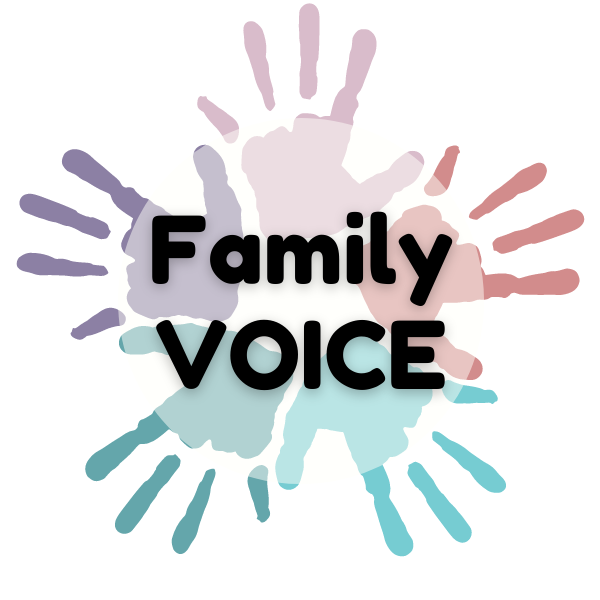Family group conferencing for children and families: Evaluation of implementation, context and effectiveness
Overview
Overview of the Family VOICE study
A Family Group Conference (FGC) is a meeting where the wider family discuss children who need support and protection and decide on a plan for looking after them.
The aim of the Family VOICE study is to increase understanding of quality and effectiveness in family group conferencing. These are the research questions:
- How widely are FGCs on offer in England and Wales and what are they used for?
- What do families and practitioners think affects how successful FGCs are?
- How do the quality of FGCs and variation in how they are used affect families’ experience and what happens to the family over the next year?
- What happens over the next two years to families who have had an FGC? Is there a difference in their use of services, compared with families who have not taken part in FGCs, and what does this cost?

Activities and Methods
The study runs from 1 October 2021 for 4 years
Work package (WP) 1 involves working with a group of families with experience of FGCs to work out the best approach for measuring FGC quality and what factors influence how well things work out.
WP2 involves working with a group of FGC projects across England and Wales to ask families to fill in the questionnaires we designed in WP1. We will contact those family members again 1 year later.
WP3 involves following up what happens to children and their main carers, in the 2 years after following the FGC, using routinely collected data from social care and health records (with no individuals identifiable when we do the analysis). This information will be compared with other families with similar difficulties who have not taken part in an FGC, because this was not offered in their local authority.
This Open Science Framework site for the Family VOICE study (LINK to OSF page below) includes the protocol and analysis plans
The Family VOICE Privacy Notice:
Findings
This is an ongoing study, with some findings yet to be published.
Article about survey of services
Lead Person
| Principal Investigator | Jonathan Scourfield |
Academic Staff
| Researcher | Kar-Man Au |
| Researcher | Rhiannon Evans |
| Researcher | Fiona Lugg-Widger |
| Researcher | Phillip Pallmann |
| Researcher | Stavros Petrou |
| Researcher | Mike Robling |
| Researcher | David Wilkins |
| Researcher | Lois Liao |
| Researcher | Lee Sobo-Allen |
| Researcher | Tarirai Lincoln Mahachi |
Related Information
| Related Research Centres | DECIPHer and the Centre for Trials Research at Cardiff University; Nuffield Department of Primary Care Health Sciences at Oxford University |
| Related partners | Y Bont and London Borough of Camden |
| Funders | National Institute for Health Research |
